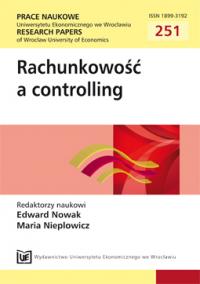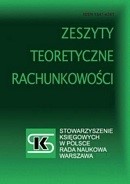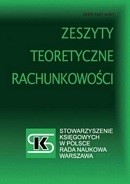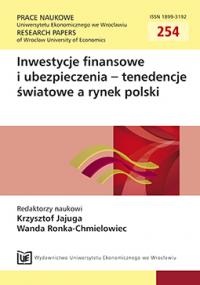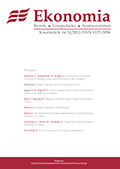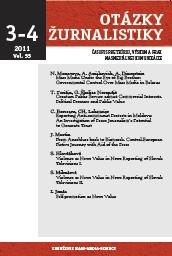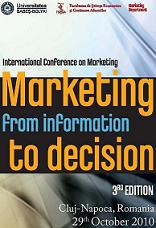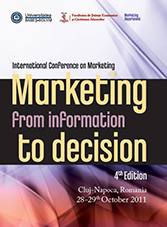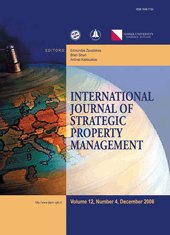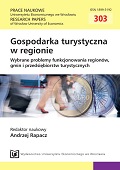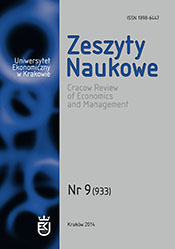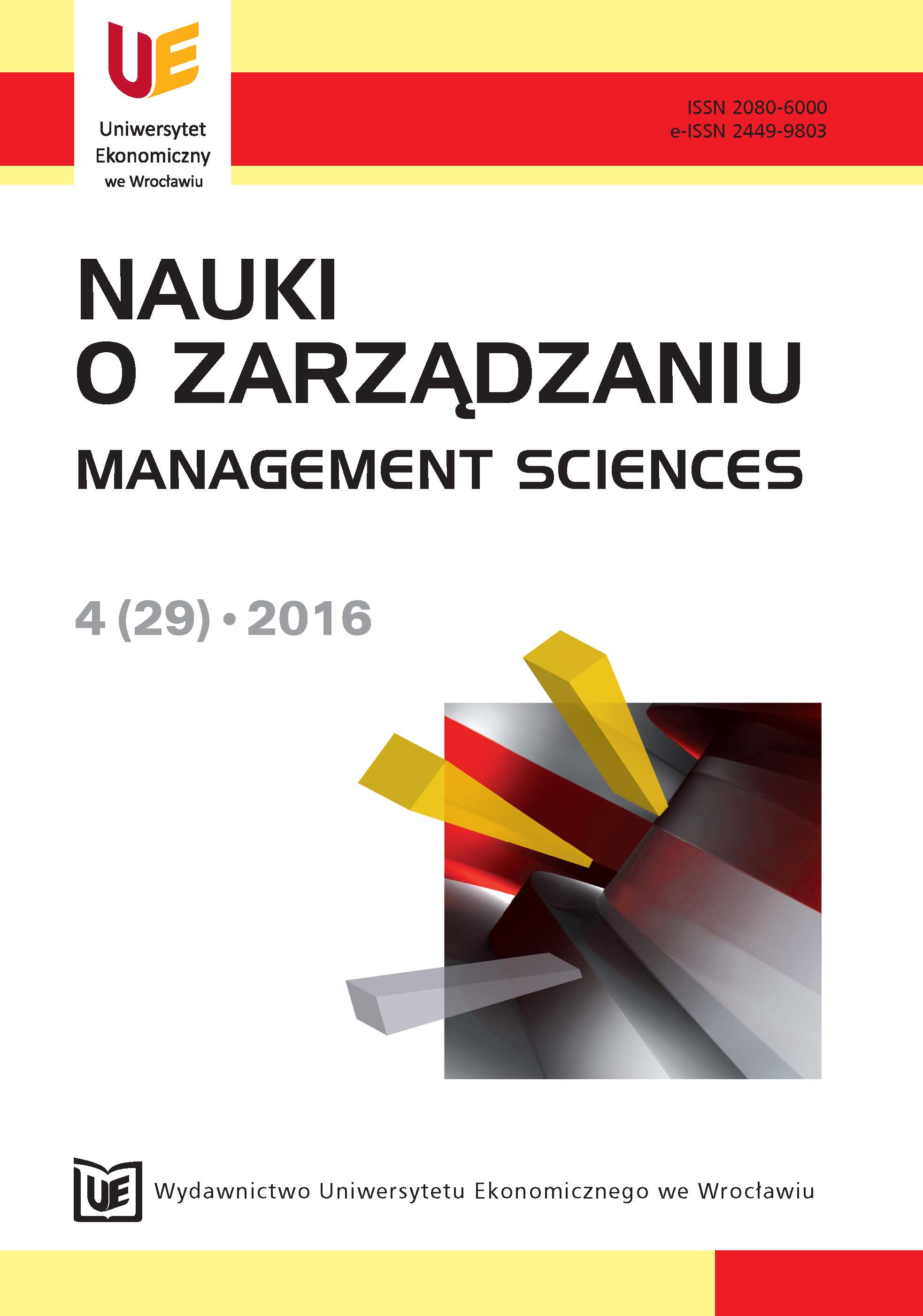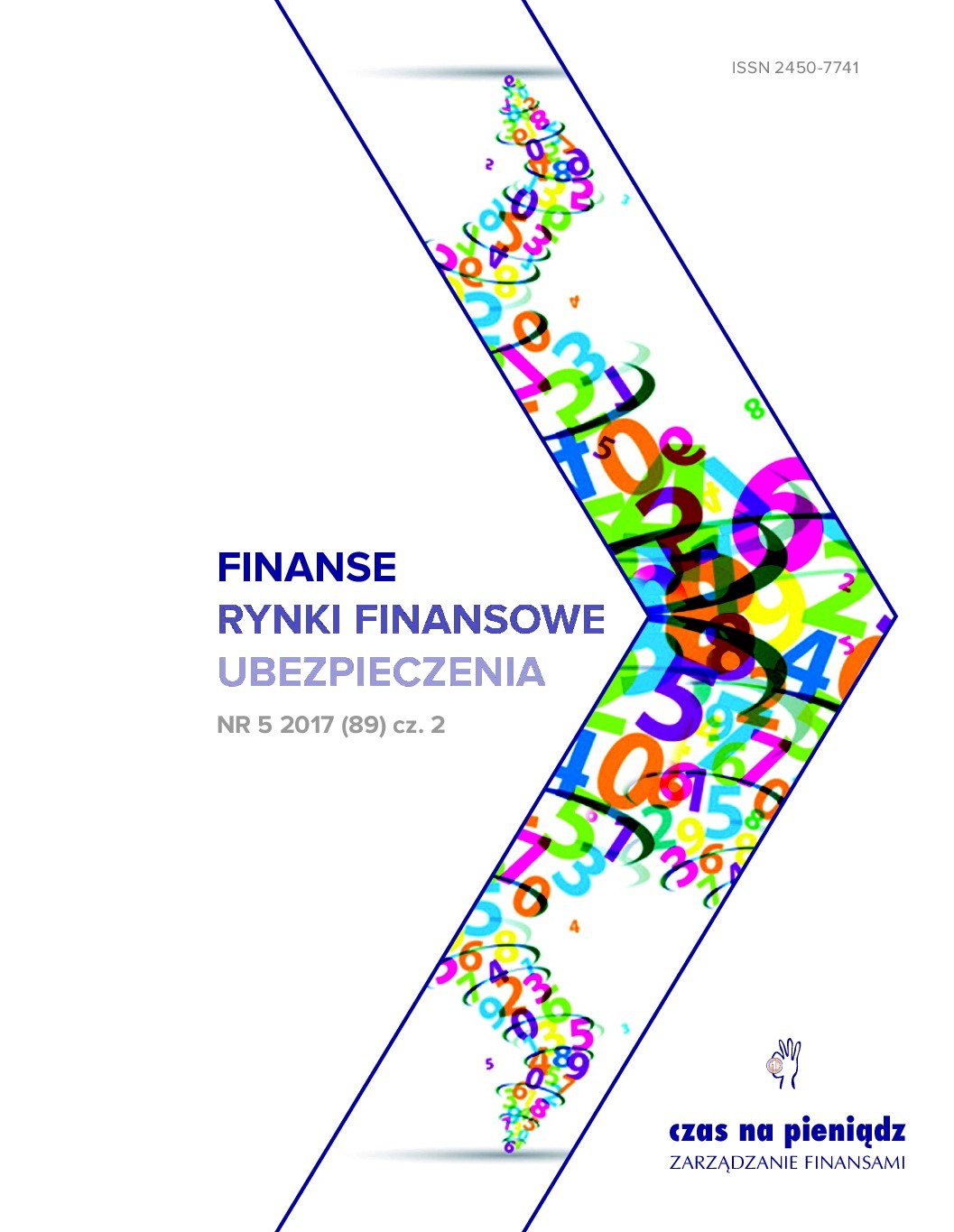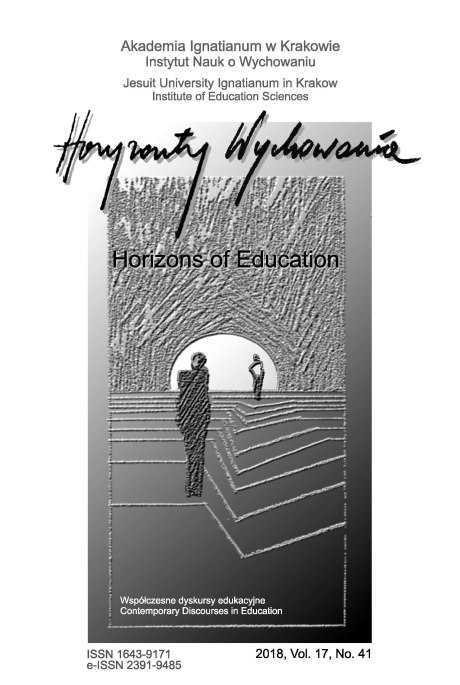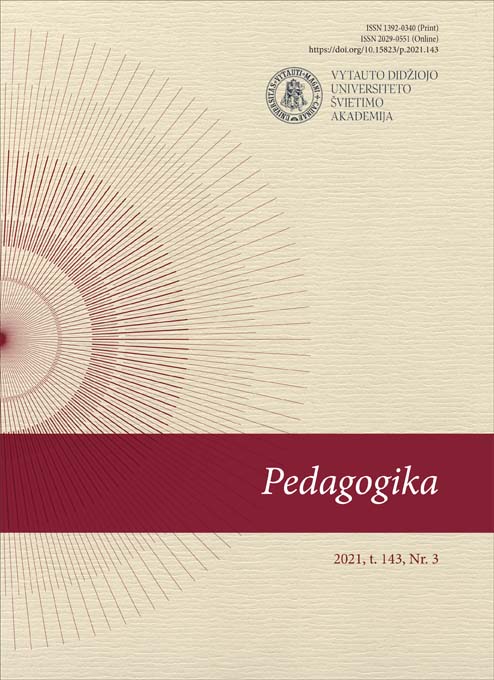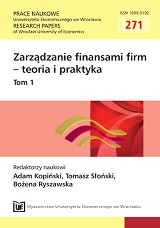
CROWDSOURCING in the creation of bank company value
CROWDSOURCING w kreowaniu wartości przedsiębiorstwa
Keywords: company value; crowdsourcing; open innovation
As companies understanding of participatory cultures advances, there is a growing interest among organizations in how best to take charge of the creative, productive capabilities of Internet users for specific purposes. One of the ways of improving companies value seems to be crowdsourcing. Simply defined, crowdsourcing represents the act of a company or institution taking a function once performed by employees and outsourcing it to an undefined (and generally large) network of people in the form of an open call. The aim of the paper is to present crowdsourcing as effective leverage supported by the power of crowds to tackle specific challenges in specified formats and on planned schedules that help improve companies value.
More...
